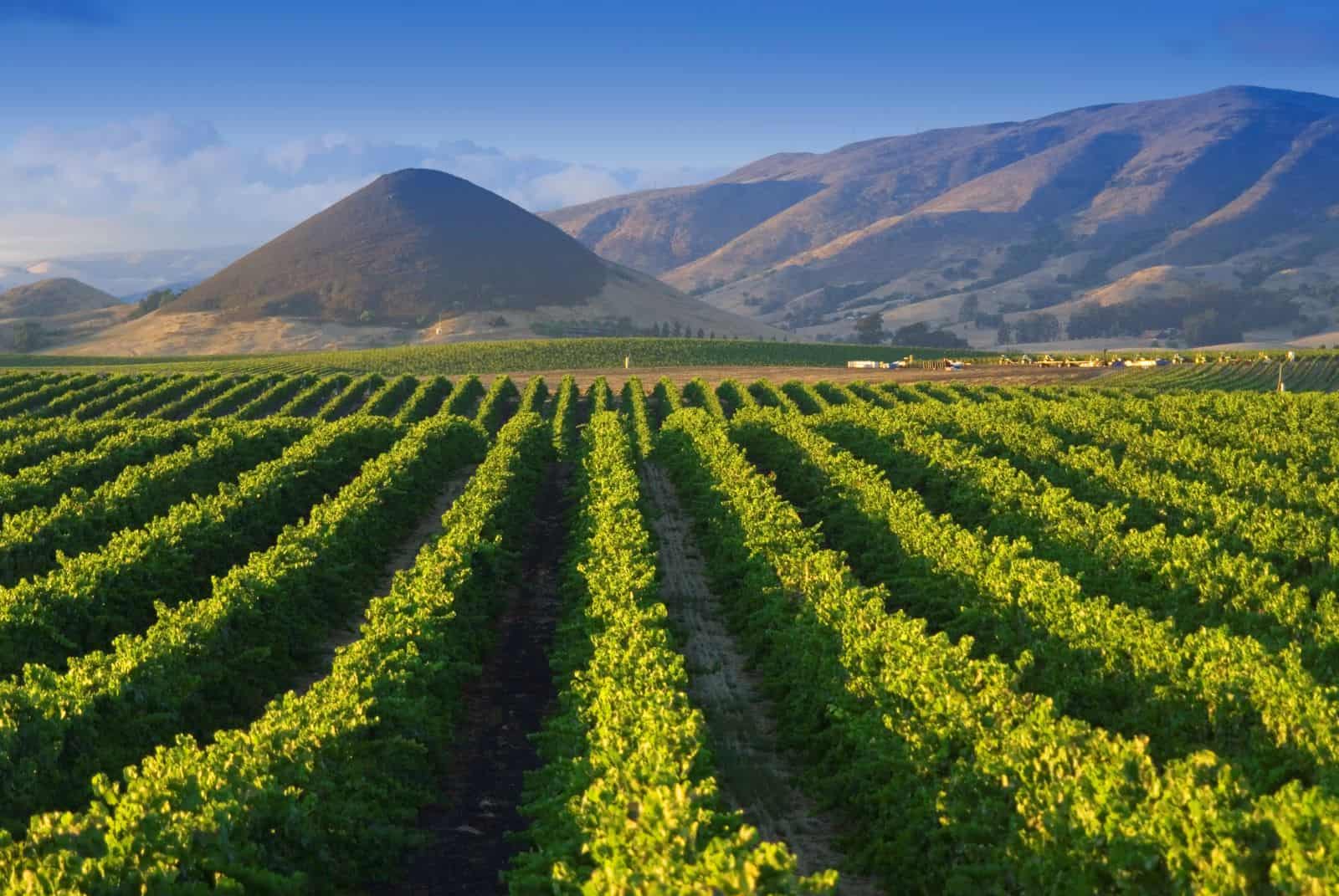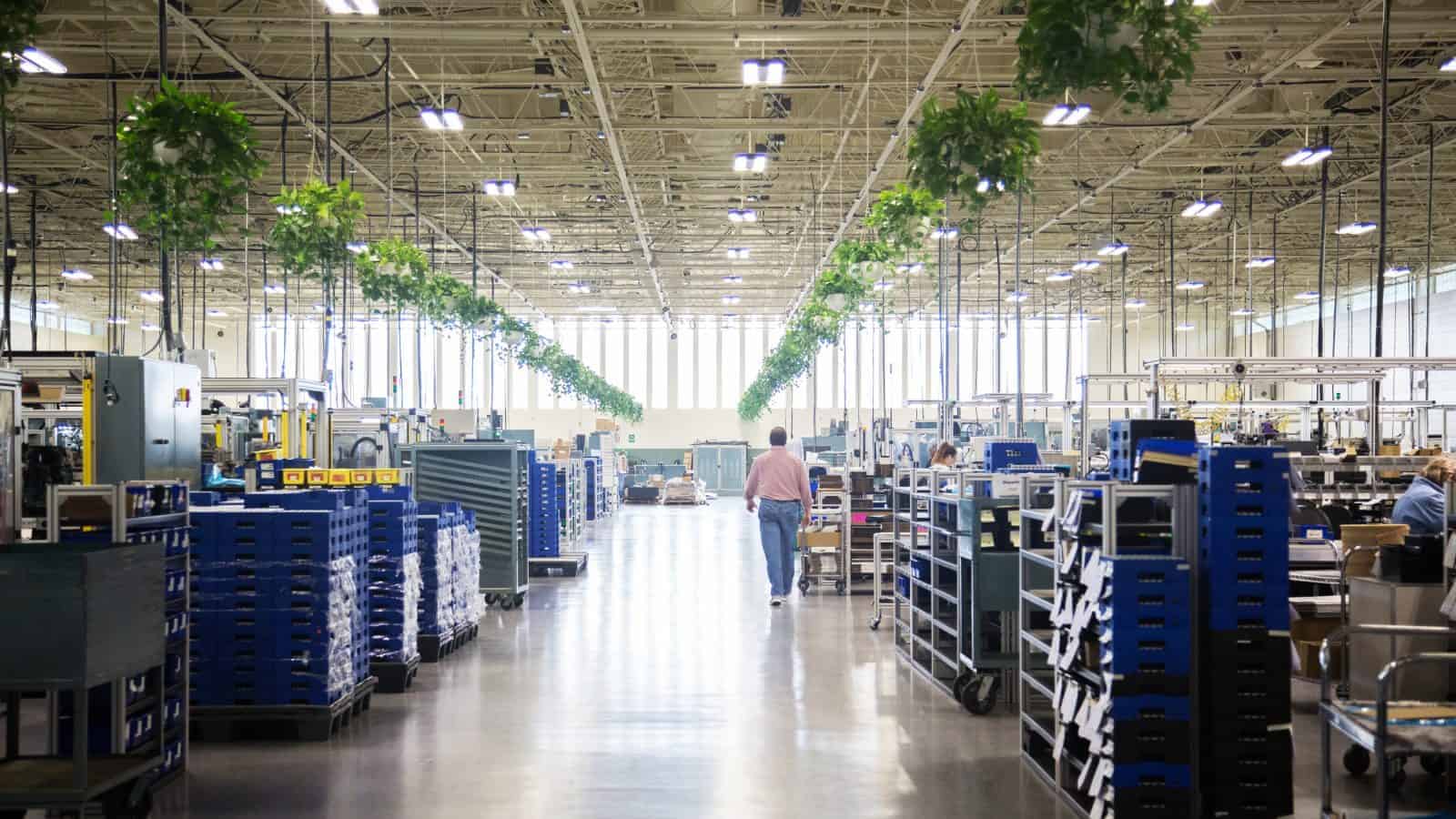California Agriculture Workers Warn Against EPA Proposal

Manufacturers have long been leaders in sustainability, as have their partners in the agricultural industry. But as the Environmental Protection Agency considers imposing new restrictive air standards, groups across the country are speaking out in opposition.
In California, a group called the Nisei Farmers League is making noise.
Formed by a small group of Japanese American growers in 1971 as a “mutual protection society,” the NFL has become a well-respected organization committed to serving the needs of growers, farm workers and other members of the agriculture community in California. Today, they are sounding the alarm about a proposed EPA rule that would enforce a tighter national ambient air quality standard for fine particle pollution known as PM2.5—a move that could impact everything from permitting to international competition.
Widespread impacts: According to NFL President Manuel Cunha Jr., the regulations could be devastating for growers in California and farmers across the country.
- “There are issues with this regulation that the public just doesn’t realize,” said Cunha. “It impacts jobs. It impacts our ability to move freight. If you think the cost of food is high today, it will be even higher if this rule goes into effect.”
A closer look: Cunha knows the impacts of regulations like this one firsthand. He tells the story of a colleague who uses machinery to dehydrate fruits like apricots and peaches, but whose machinery would be unaffordable if he was forced to adhere to the stricter standard.
- “If they come out with a new standard, he’ll have to shut down,” said Cunha. “He can’t afford to build new equipment—the cost is unsustainable. It’s not economically feasible. And that’s what they’re telling our farmers to do.”
Impeding growth: Rapid shifts in environmental standards have also made it difficult for growers and other members of the agricultural community to adjust and succeed.
- “These standards keep changing, and it’s impossible to keep up,” said Cunha. “Our area in the San Joaquin Valley has seven plans with the EPA that are waiting for approval, and every time we turn around, there is another standard holding us back.”
- Meanwhile, strict standards imposed on other parts of the supply chain create costs that get passed along to farmers.
A message to policymakers: Cunha is speaking out because he wants policymakers to think about the realities of the proposed rule—including the costs that states will bear and the ripple effects throughout the agricultural supply chain.
- “How do we keep jobs?” said Cunha. “How do we keep our rural communities alive if you’re developing rules that don’t have the facts and the science behind them? Politicians are going on the basis of what looks and sounds good, but you have to realize that what you’re doing is driving out small farmers.”
